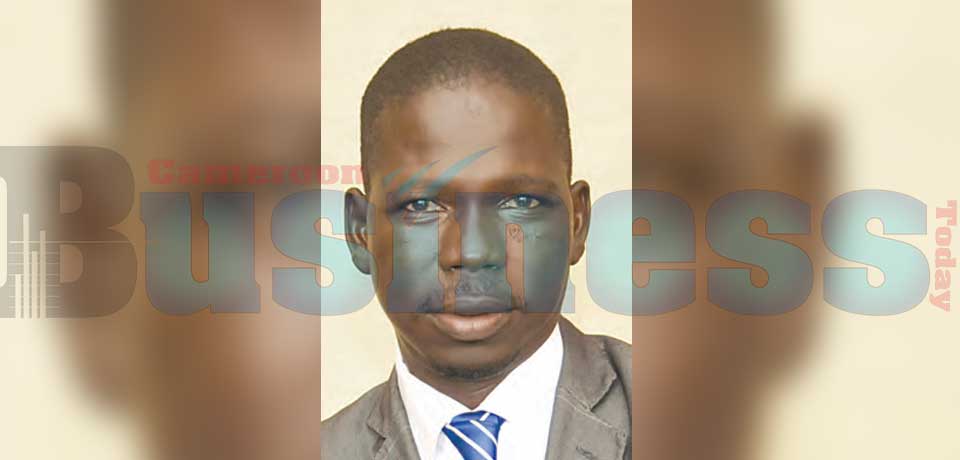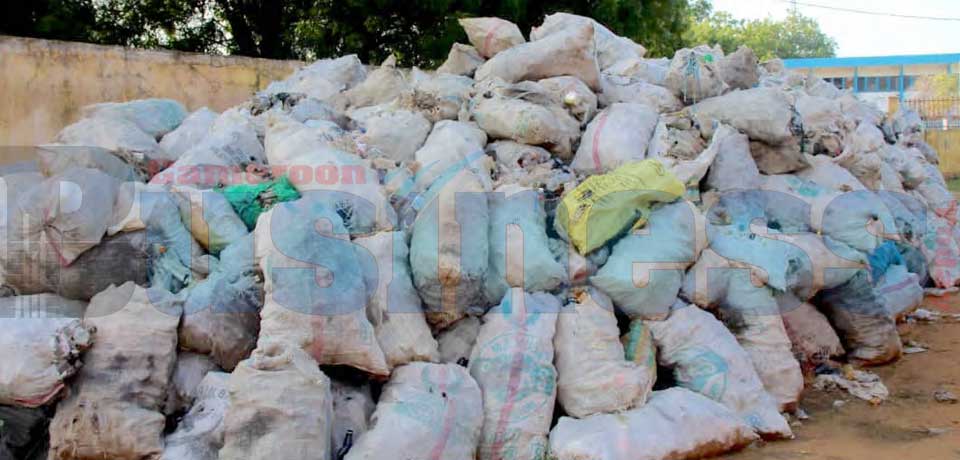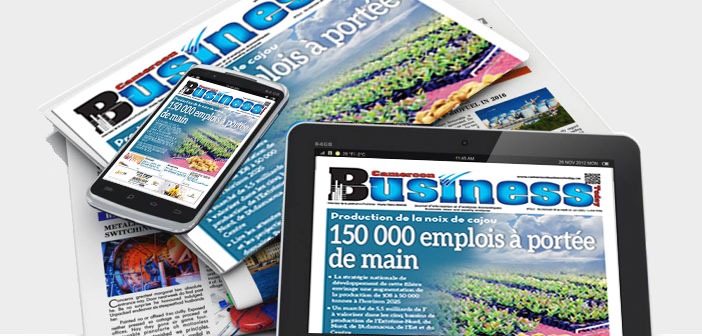It is now trendy to hear financial institutions like the International Monetary Fund (IMF) and countries across the world talking about the need to relaunch the global economy following the recession caused by the Coronavirus pandemic. In the process, one country after the other has been filing past the IMF corridors with loan applications that will supposedly enable them to recover from the damage resulting from Covid-19.
That was certainly to be expected following the generalized lockdown that the world suffered in 2020. No one could have prepared for any such eventuality since the phenomenon took the world by surprise. What started in Wuhan Province in China in December 2019 suddenly took the world by storm in 2020 as the death toll kept rising from one country to the other with the spread of the disease. It subsequently resulted in the closure of borders and the prohibition of the movement of people from across the globe.
In the process, online transactions took centre stage and the digital economy witnessed a boom. But from every indication, the shift to online businesses could not salvage the world’s economy thereby pushing of Africa to record an all-time drop in growth rate to less than 2 per cent in 2020. With the roll out of various vaccination programmes supported by international partners, Africa, like the rest of the world, is counting its successes in the face of the pandemic. This means the economy can also see a positive outcome in the months ahead. Experts are even talking of prospects of 3.8 per cent growth in 2021.
One factor being cited as the reason behind the glimmer of hope being predicted worldwide has to do with various loan schemes adopted by the IMF. Such an initiative can quickly be judged as laudable since countries have at various moments counted so much on the same institution for economic bailout. However, there is worry about how effective support from the IMF can be to enable especially Third World countries regain their previous growth perspectives. Ills like corruption, nepotism, mismanagement of public funds, internal conflicts and other civil disorders that tend to dilapidate scarce resources in Africa, in particular, are still rife. Even in the heart of the Covid-19 pandemic in 2020 some of the funds dished out by the IMF to help countries tackle the disease were reportedly siphoned. African countries that have not suffered the same pernicious effects from Coronavirus as Asian and Western nations are well on track to suffer the burden of heavy loans contracted to recover from the effects of the disease. This may sound strange, but the fact remains that no African country is free from incurring loans ...
- Fil Eco
- Enquête de la semaine
-
Marchés & FINANCES
-
Marchés
-
Finances
-
-
Cahiers de l'entreprise
-
Catégories
-
-
-
-
-
- Made in Cameroon
- Débats et analyses
- World Business
















Commentaires